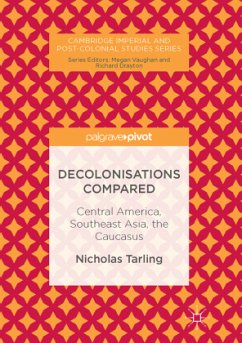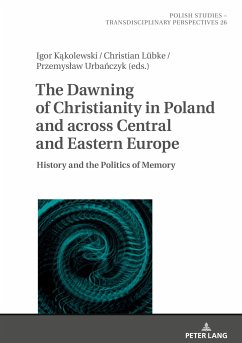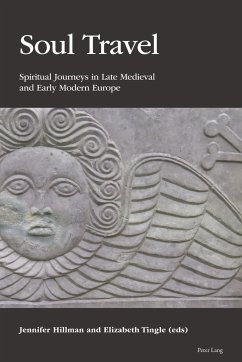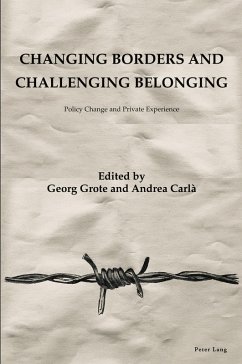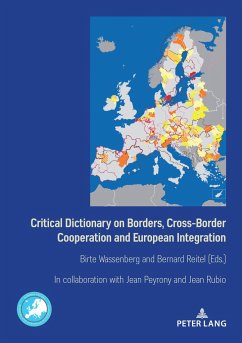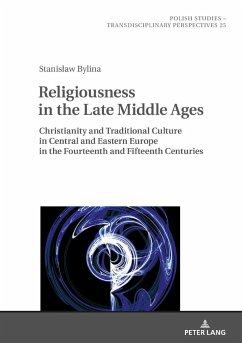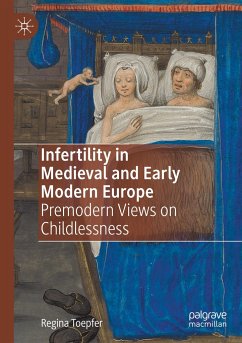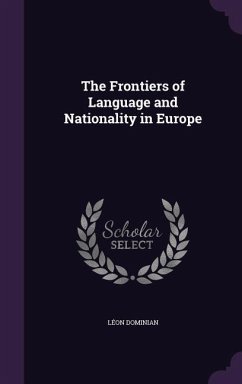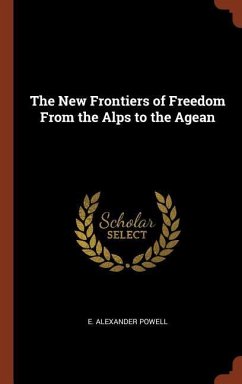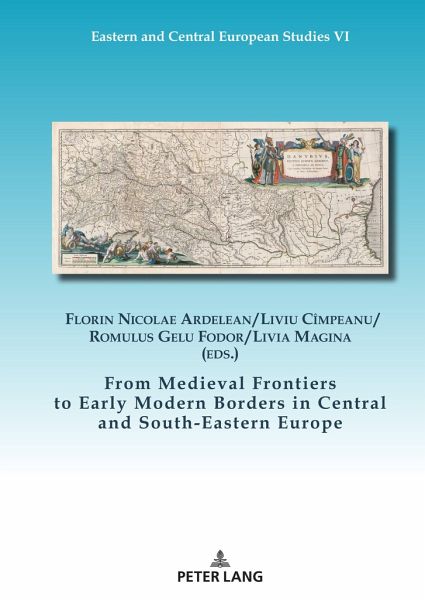
From Medieval Frontiers to Early Modern Borders in Central and South-Eastern Europe
Versandkostenfrei!
Versandfertig in 6-10 Tagen
64,85 €
inkl. MwSt.

PAYBACK Punkte
0 °P sammeln!
This volume gathers a variety of scientific contributions, from young and experienced researchers alike, on the evolution of frontiers/borders, from the late Middle Ages to the end of the Early Modern Period (eighteenth century). The expansion of the Ottoman Empire in Europe, its diplomatic and military interactions with the Hungarian Kingdom, daily life in medieval borderlands, administrative and military organization of frontiers, transfer of military knowledge and technology, social and demographic impact of border warfare and the militarization of eighteenth century borders are some of the...
This volume gathers a variety of scientific contributions, from young and experienced researchers alike, on the evolution of frontiers/borders, from the late Middle Ages to the end of the Early Modern Period (eighteenth century). The expansion of the Ottoman Empire in Europe, its diplomatic and military interactions with the Hungarian Kingdom, daily life in medieval borderlands, administrative and military organization of frontiers, transfer of military knowledge and technology, social and demographic impact of border warfare and the militarization of eighteenth century borders are some of the subjects approached by the authors. Their research provides a complex comparative perspective over a region which shares both common and divergent features with the rest of Europe.





